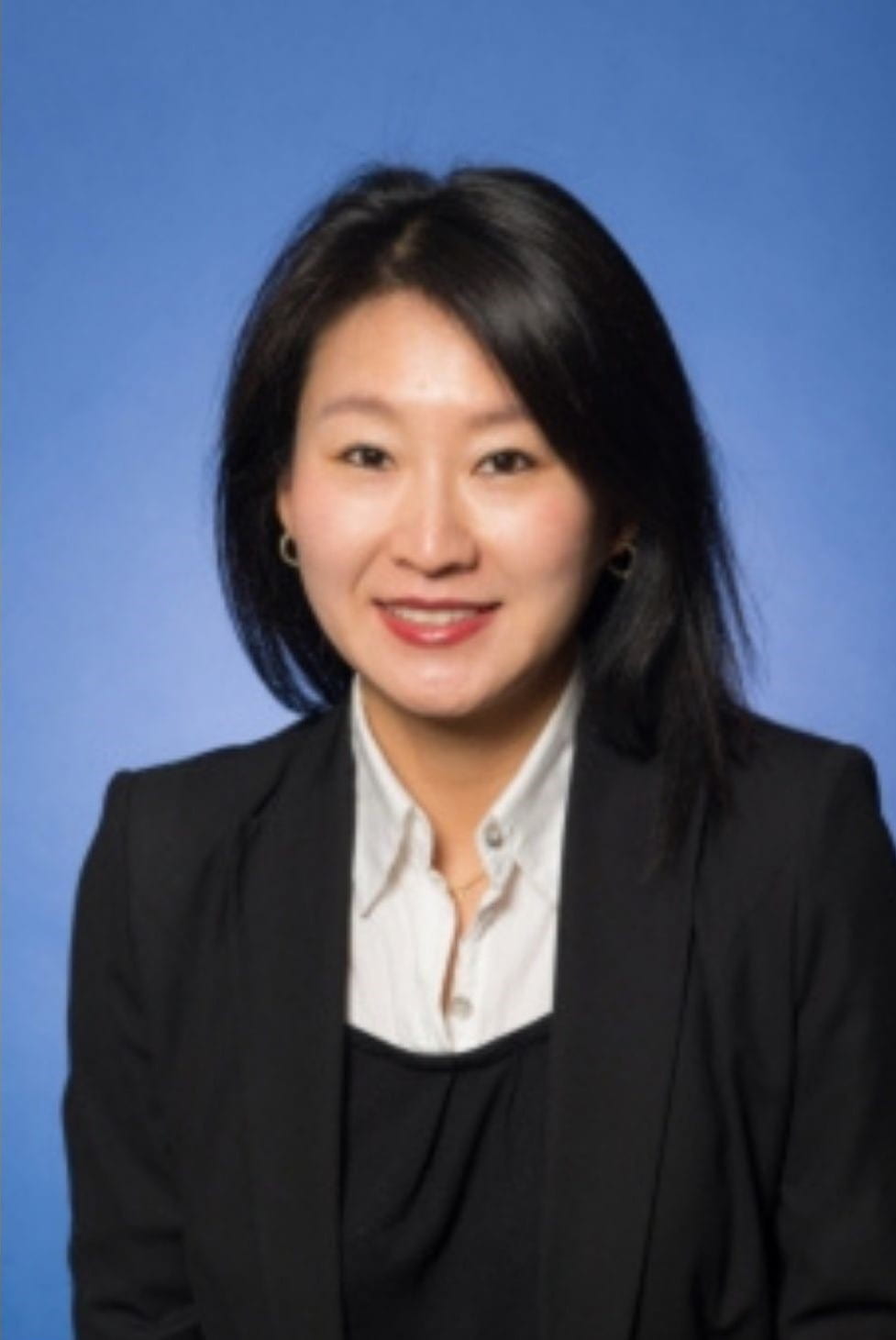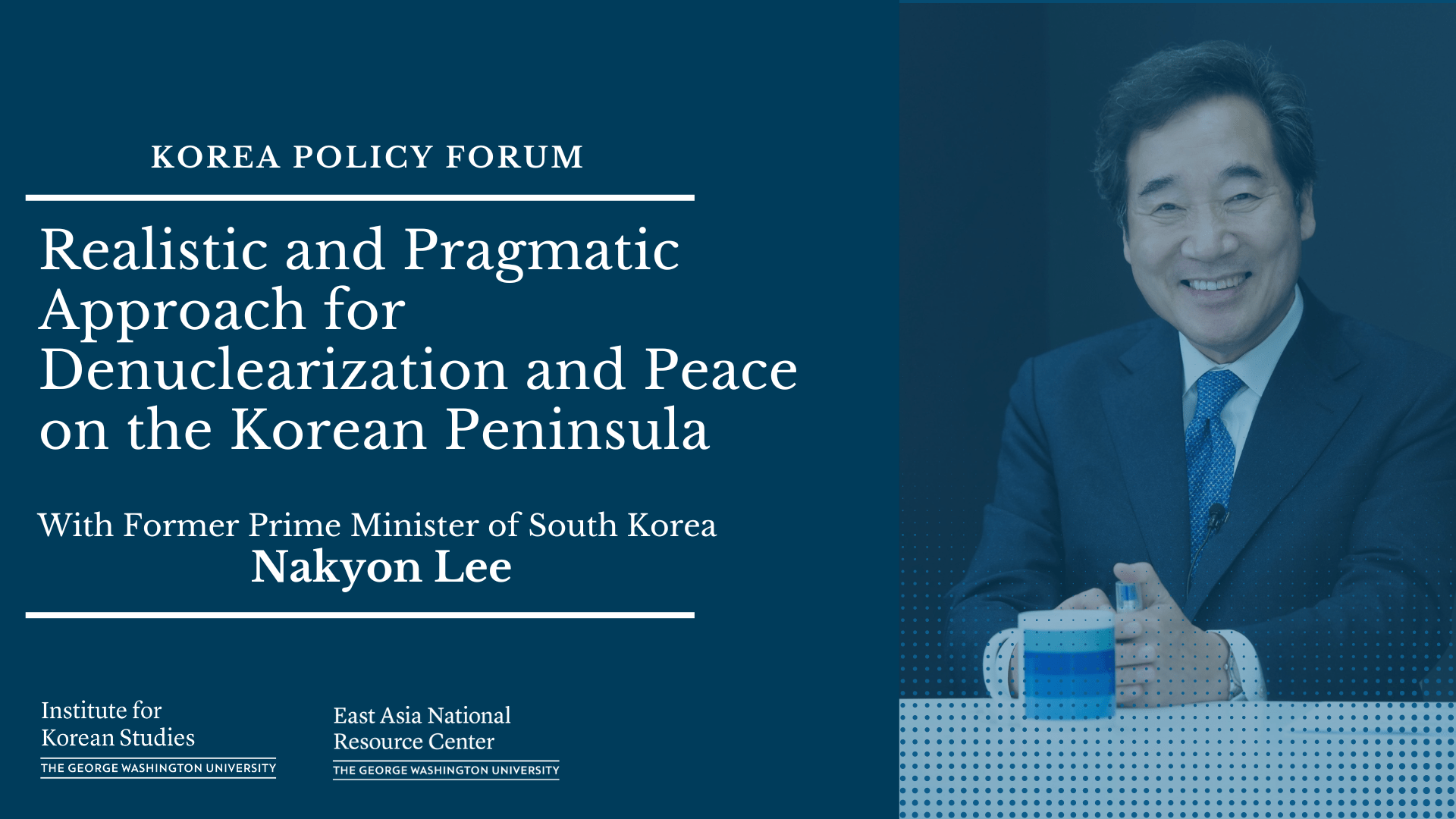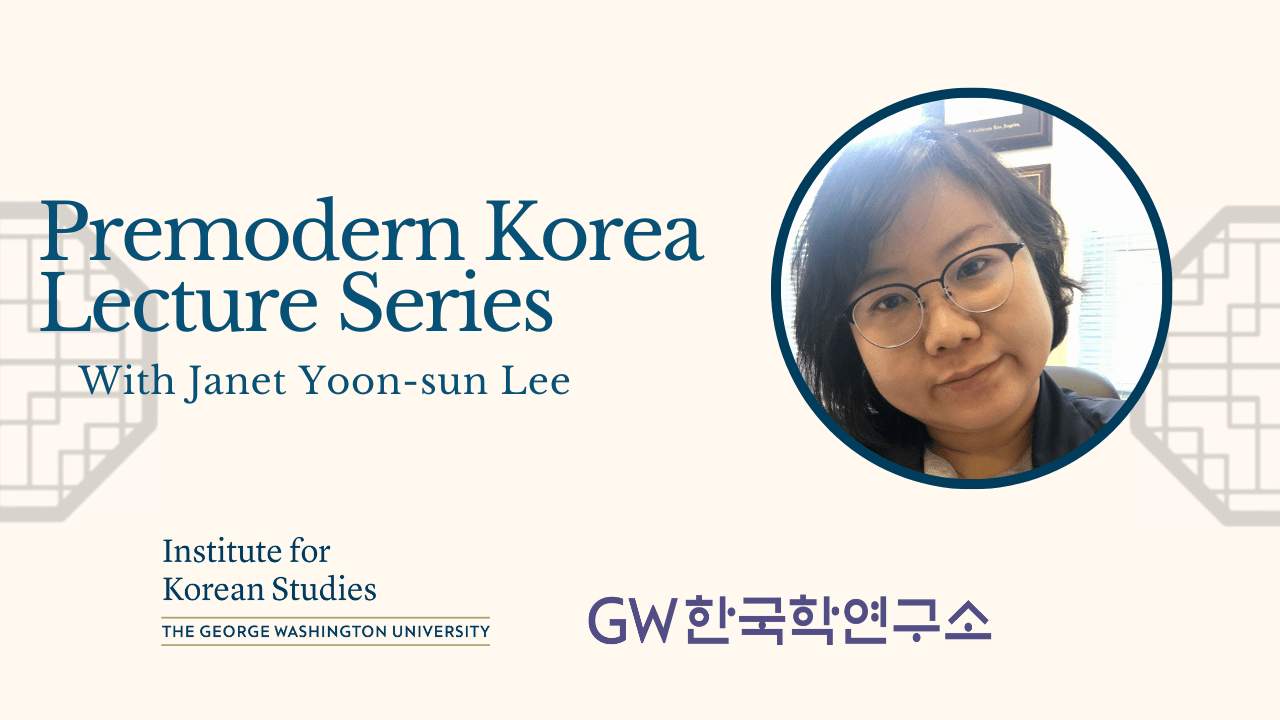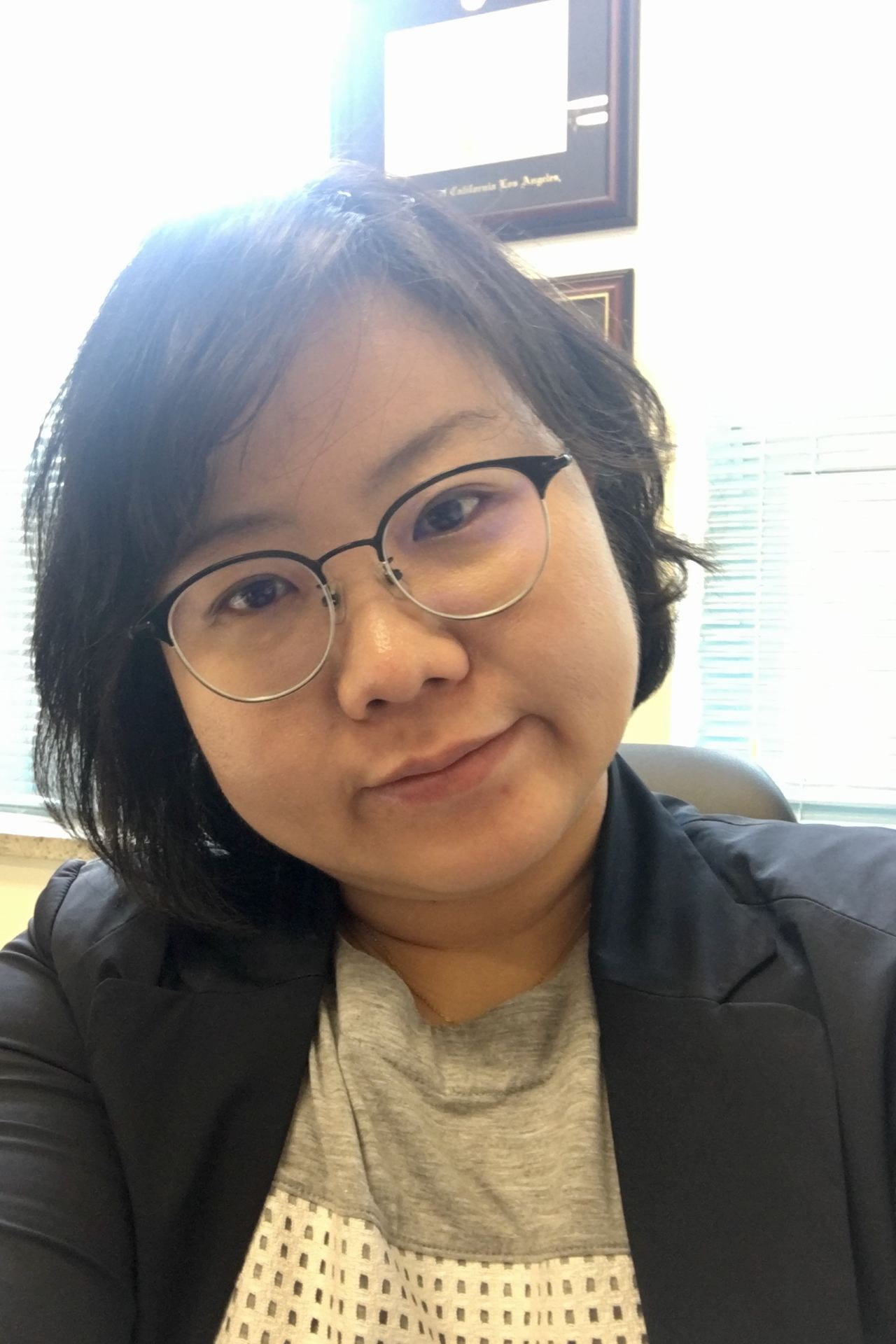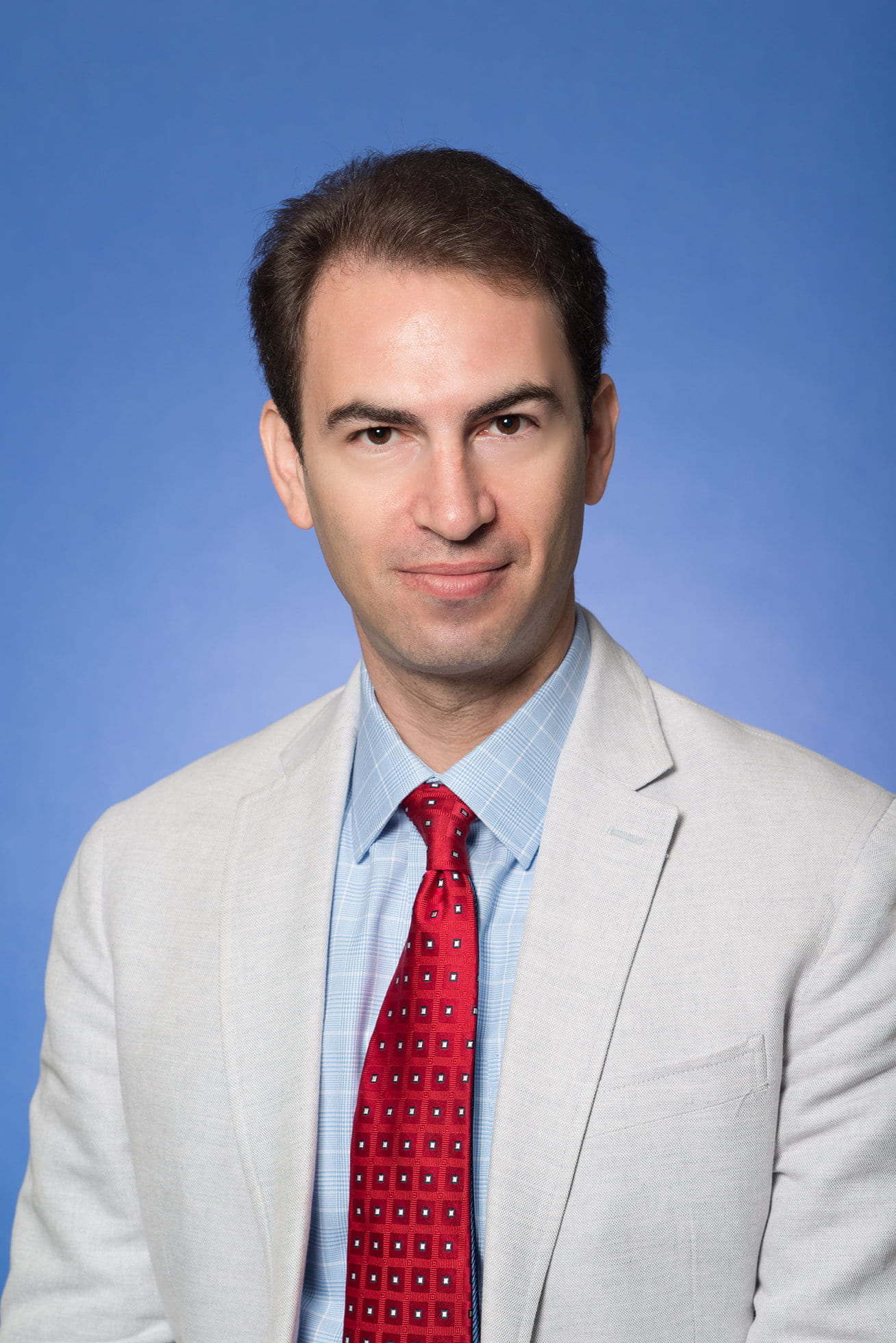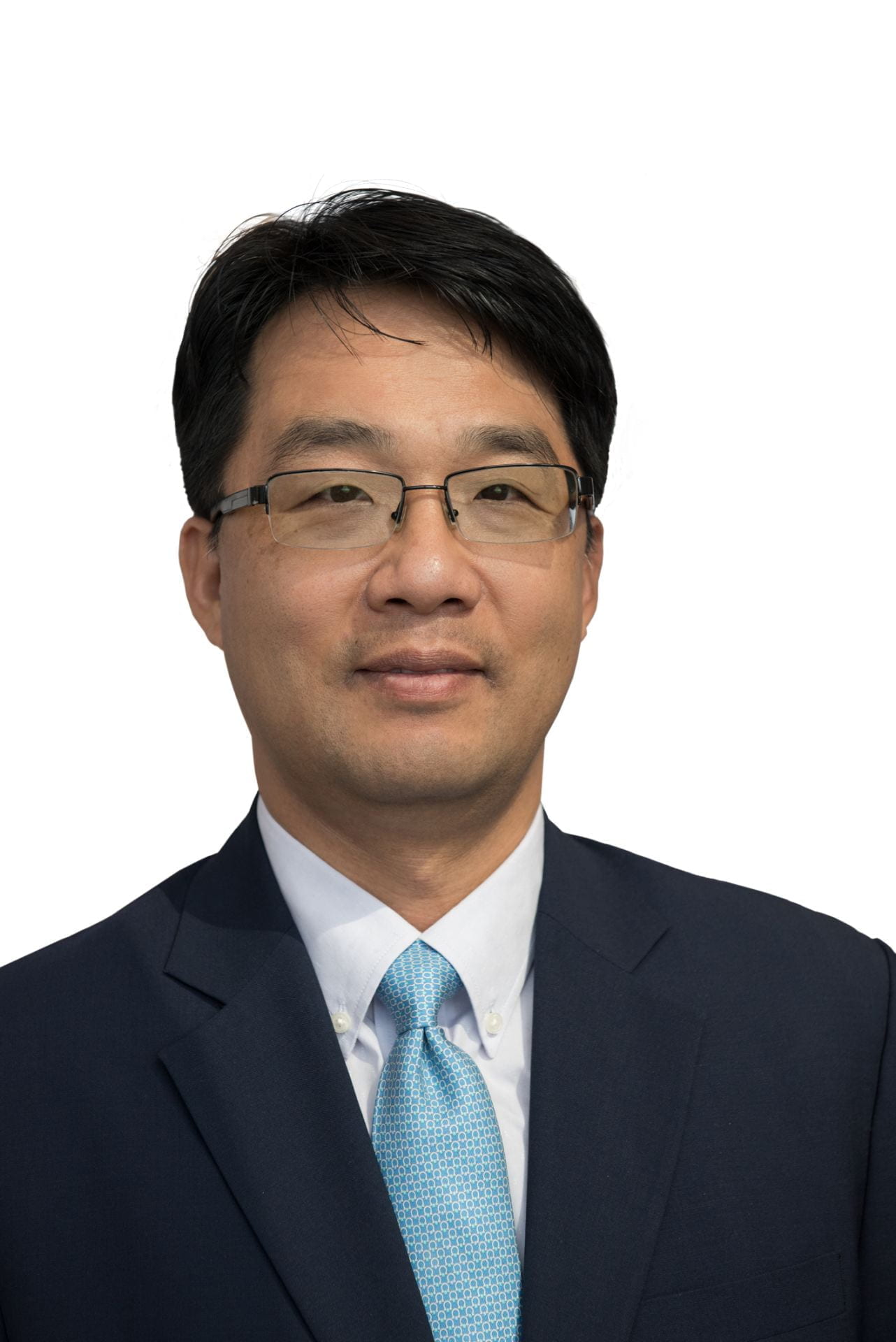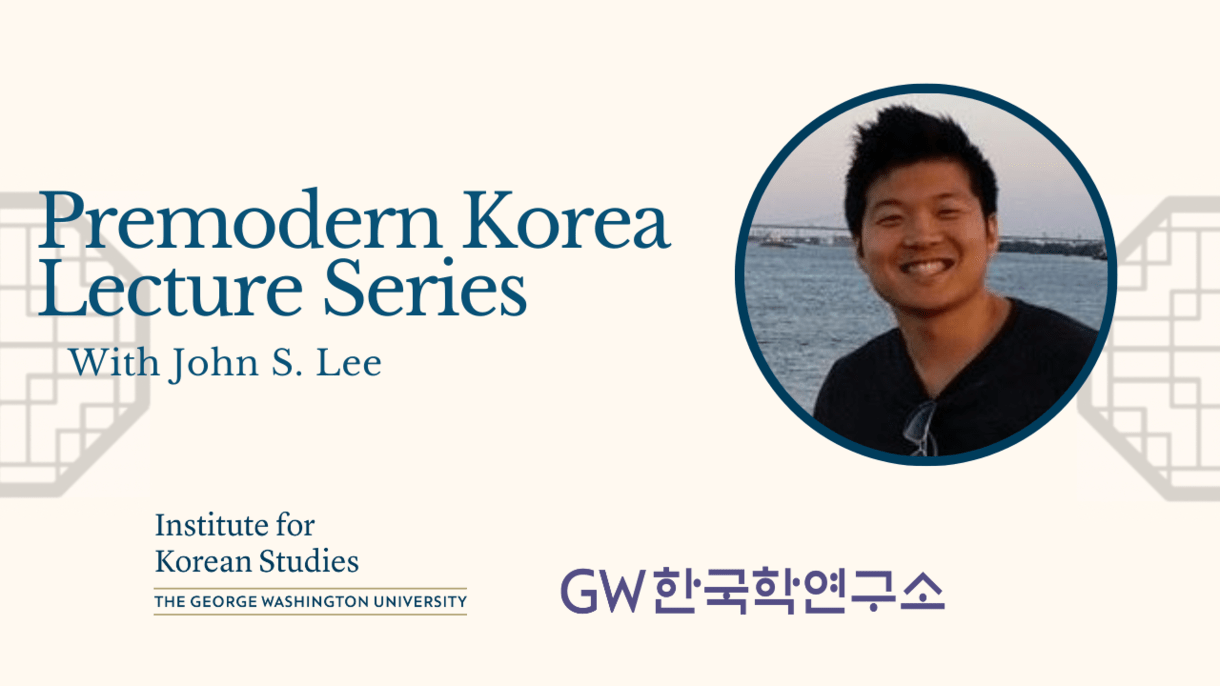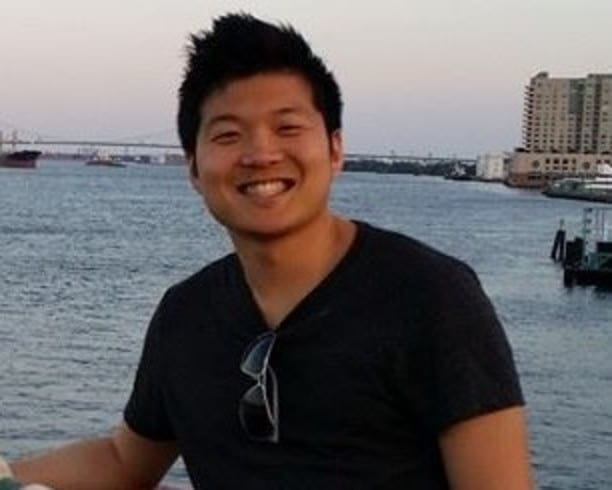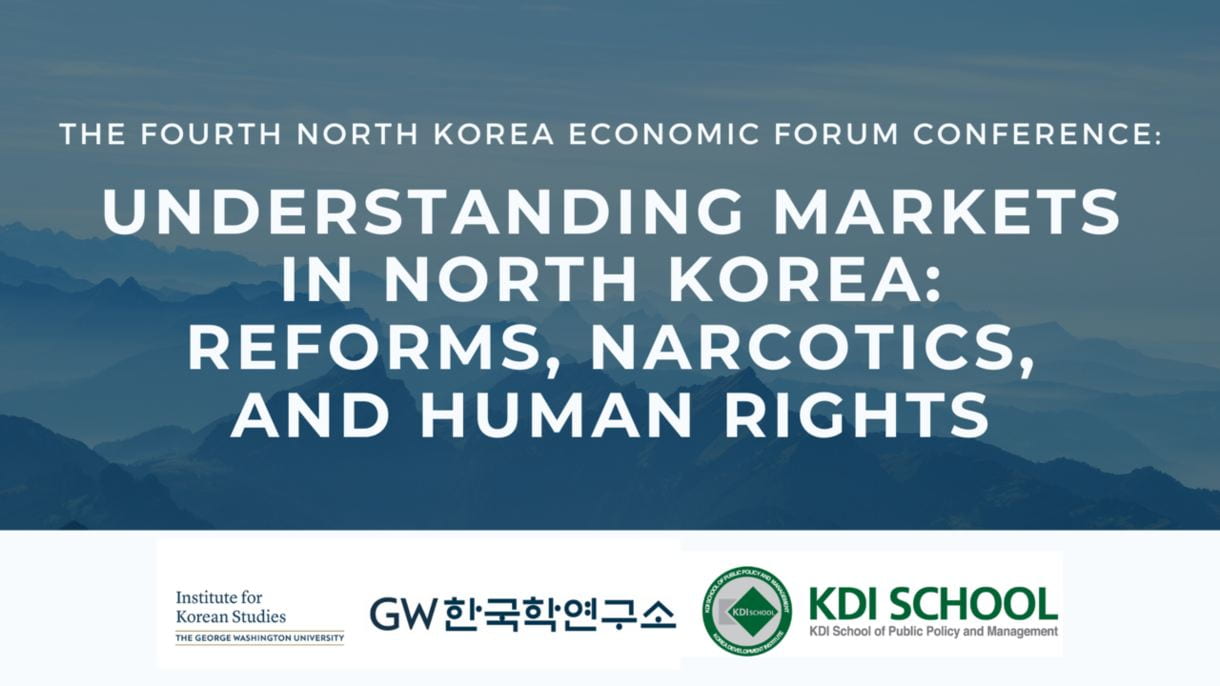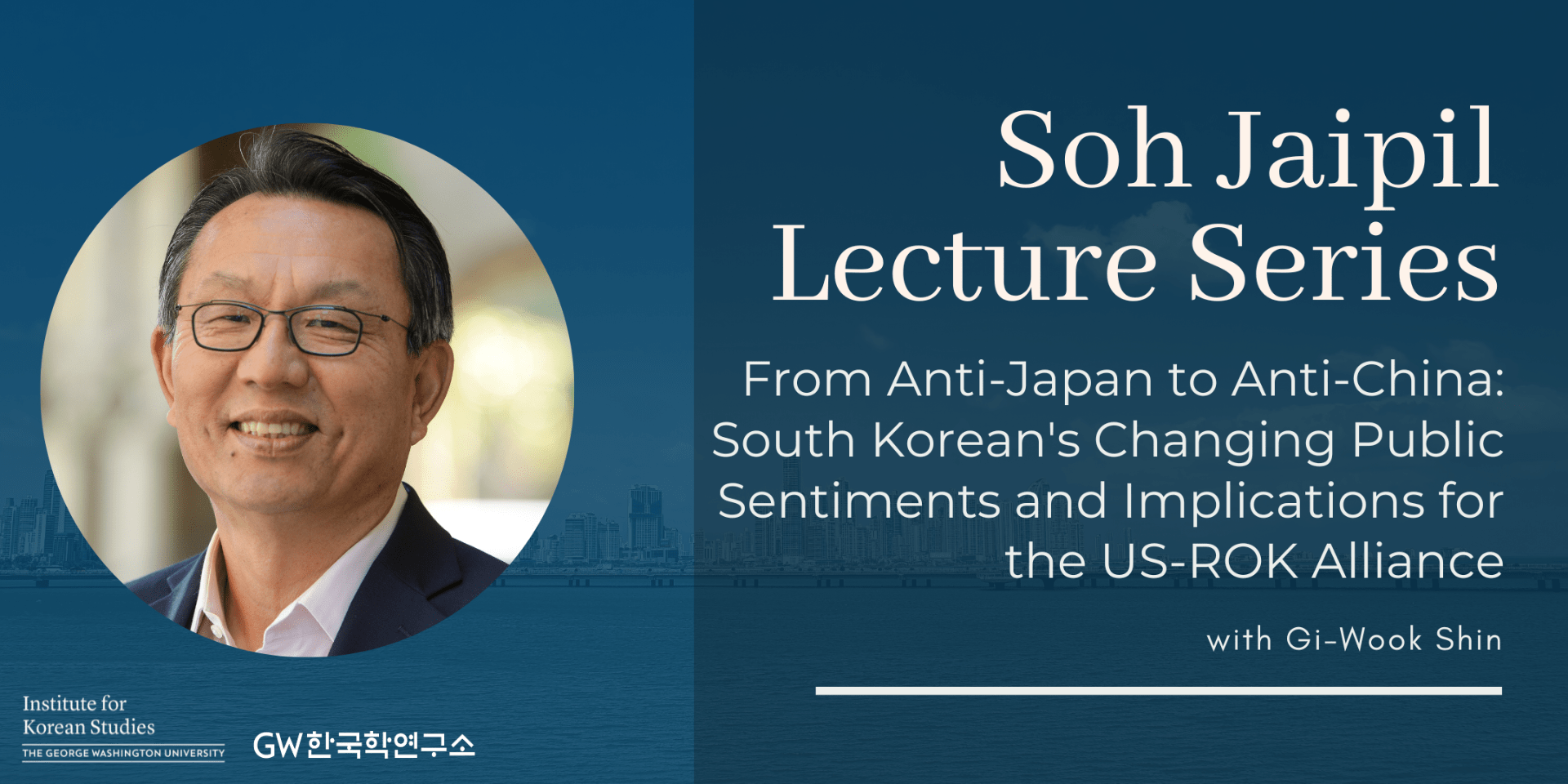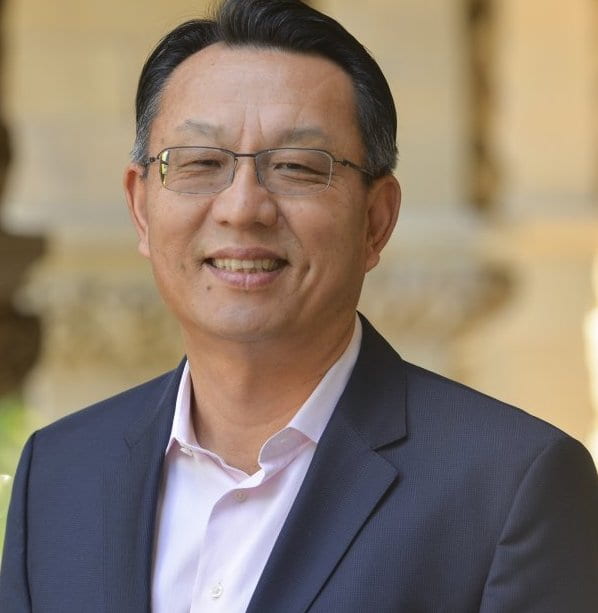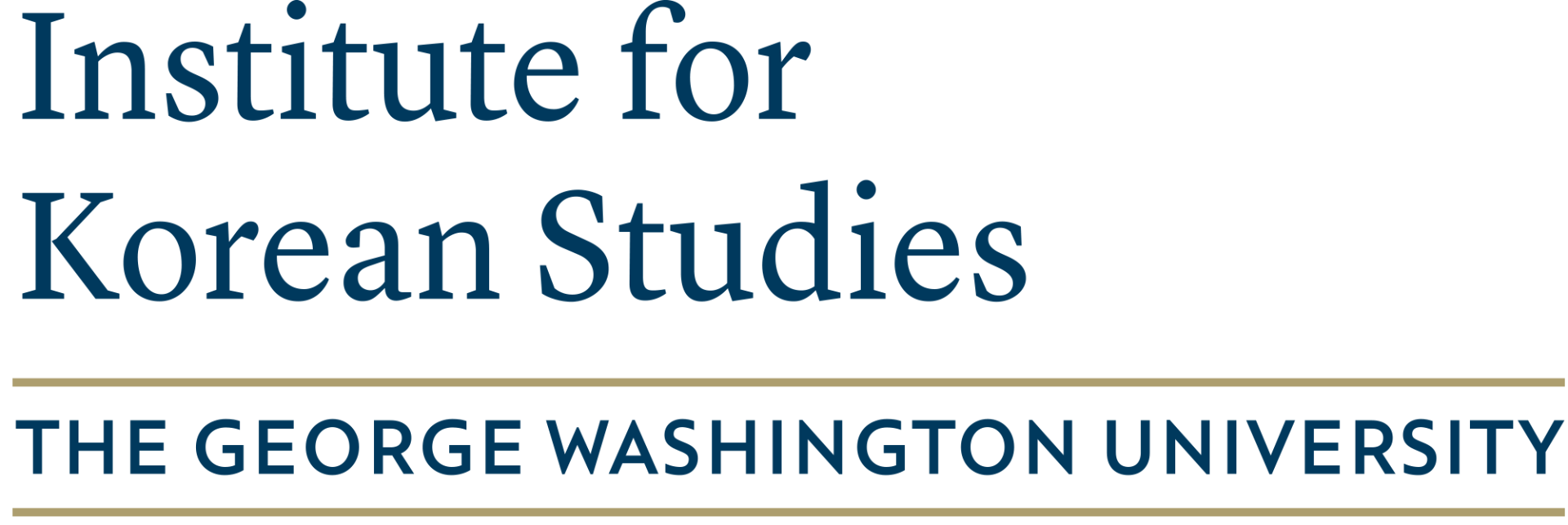Korea Policy Forum
Realistic and Pragmatic Approach for Denuclearization and Peace on the Korean Peninsula
Tuesday, February 21, 2023
2:00 PM – 3:30 PM EDT
Hybrid Event
George Washington University, Elliott School for International Affairs 1957 E ST NW, Washington DC
Lindner Family Commons, Room 602
Virtual via Zoom
**Former Prime Minster Lee will be giving his main remarks in English. Consecutive interpretation from Korean to English will be provided during the Q&A session**
Although nearly 30 years have now passed since the first North Korean nuclear crisis in 1993, the international community has yet to find a permanent solution leading towards the denuclearization of the Korean peninsula. Despite years of negotiations, agreements, and sanctions, North Korea has continued to develop its nuclear weapons program, leading to significant tensions on the Korean peninsula. In his lecture, Nakyon Lee, former prime minister of the Republic of Korea, will offer his insights into why these past measures have ultimately been unsuccessful. Former Prime Minister Lee will then provide his own recommendations for what steps South Korea, the United States, and other major players can take to finally achieve denuclearization and lasting peace on the Korean peninsula.
Speaker
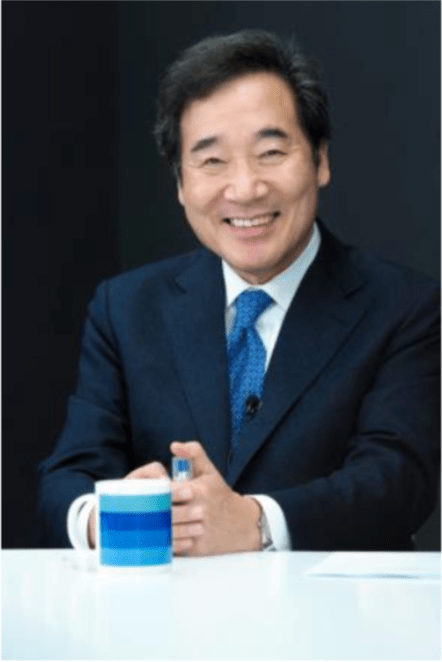
NAKYON LEE is a former prime minister of the Republic of Korea, who served under the Moon Jae-in administration. He graduated from Seoul National University with a degree in law and became a journalist at Dong-a Ilbo. After 21 years as a journalist, he entered politics and served five terms as a member of the National Assembly. During hisfourth term in 2014, he became the governor of Jeollanam-do Province until President Moon nominated Lee as his first prime minister in 2017. He was also elected as the chairperson of the Democratic Party of Korea in 2020. During his years in public affairs, he has focused on both domestic and international affairs of South Korea. As prime minister, he was responsible for overall domestic issues, including the safety of the citizens and society. He was a member of the Foreign Affairs and Unification Committee at the National Assembly, in which he worked towards a peaceful inter-Korean relationship. He currently serves as a Visiting Scholar at the GW Institute for Korean Studies, where his research focuses on the peacebuilding process on the Korean peninsula.
Introductory Remarks
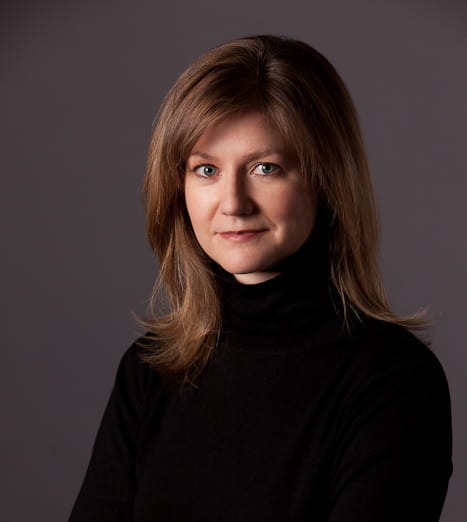
ALYSSA AYRES is Dean of the Elliott School of International Affairs at George Washington University. Ayres is a foreign policy practitioner and award-winning author with senior experience in the government, nonprofit, and private sectors. From 2013 to 2021, she was senior fellow for India, Pakistan, and South Asia at the Council on Foreign Relations (CFR), where she remains an adjunct senior fellow. Her work focuses primarily on India’s role in the world and on U.S. relations with South Asia in the larger Indo-Pacific. Her book about India’s rise on the world stage, Our Time Has Come: How India is Making Its Place in the World, was published in 2018. Ayres is also interested in the emergence of subnational engagement in foreign policy, particularly the growth of international city networks, and her current book project (working title, Bright Lights, Biggest Cities: The Urban Challenge to India’s Future, under contract with Oxford University Press) examines India’s urban transformation and its international implications. From 2010 to 2013, Ayres served as Deputy Assistant Secretary of State for South Asia. She received an AB from Harvard College and an MA and PhD from the University of Chicago.
Moderator
